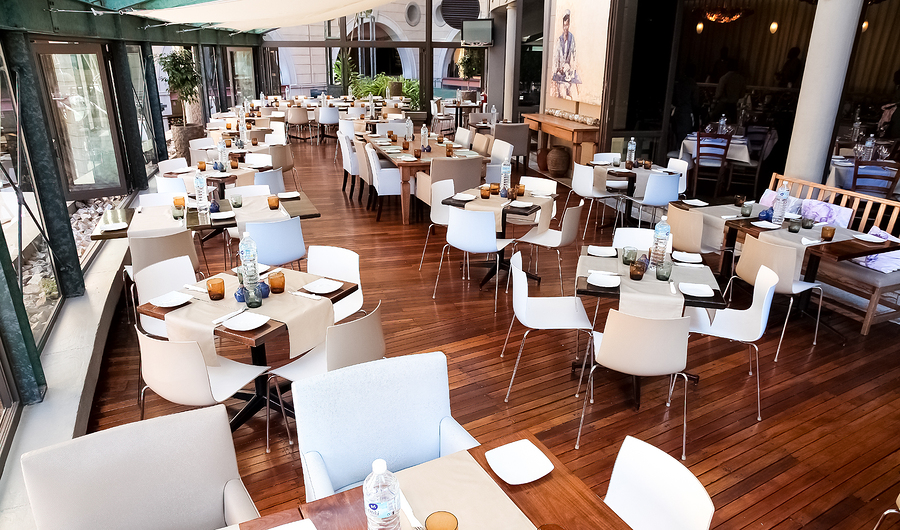Chefs, cooks and other professionals in the restaurant field are rare. The stakes are high, with about 30,000 positions that will not be filled in Quebec by 2030, according to HR Tourism Canada. The reasons involve both society and the restaurant industry itself.
Demographics and tourism
The restaurant sector mainly employs young people, sometimes part time and often seasonally. However, recent statistics show that the number of workers in this age group is quite low, which makes recruitment increasingly difficult for employers.
In addition, since restaurants are closely linked to the tourist industry, good seasons put pressure on resources. In the summer, for example, even though the customers are there and the end of the season is postponed because of the crowds, many employees have to return to school.
Working conditions
Schedules and salaries are foremost in complaints against the restaurant industry. “I cannot offer group insurance, retirement plans nor annual increases to my employee without putting the quality and survival of the restaurant in peril,” says Jérémie-Gélinas-Roy, the young executive chef at Millen, a neighbourhood restaurant in the north of the island of Montreal. He still manages to give his employees a little more by offering more flexible schedules.
“Working in a restaurant these days is a way of life that requires sacrifices, and not everyone is ready to do it, year after year,” says the passionate chef who earns little more than when he began working in the field 14 years ago. The average hourly wage for a head chef, according to a 2017 survey by the Quebec Restaurant Association, was less than $20.
Industry realities
The many cooking shows present an image that does not correspond to the reality of young chefs, who may be discouraged by the magnitude of the task, chef Gélinas-Roy says. “You see them going into the fields picking fresh produce and working with clean vests… this is not wrong, but it is the reality of those with at least 15-20 years of work!”, he explains.
A kitchen is also a special place, with its hierarchy and the inherent pressure that comes with customer service. “There are kitchens where the atmosphere is unhealthy, where competition is fierce and where verbal and psychological abuse is common, which leads to departures,” he says.
At the same time, the young chef wants to add that his job also has its share of pleasant moments. “When my customers come to congratulate me and thank me, I am certain that I am doing the best job in the world!”, concludes Jérémie Gélinas-Roy.
